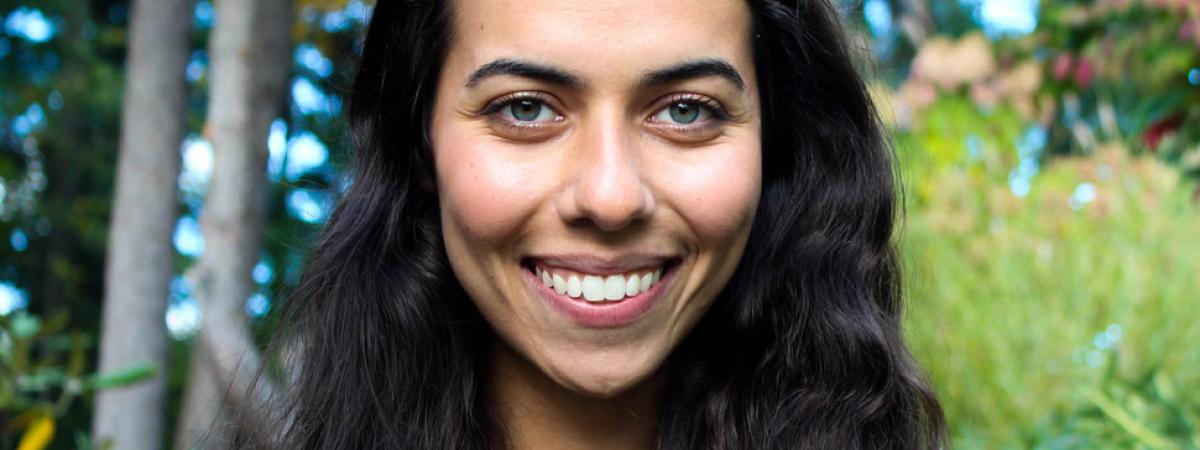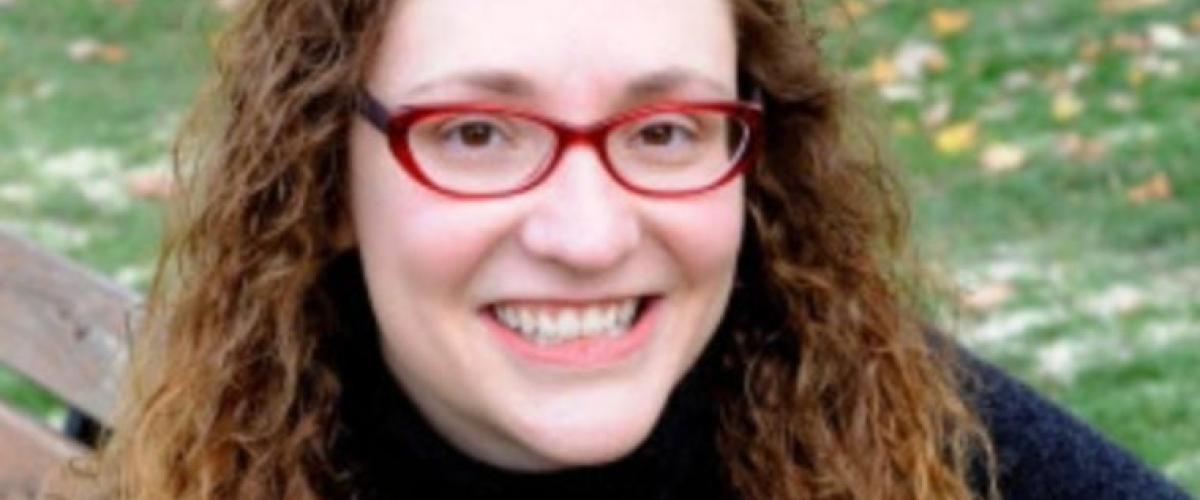Schools around the country are now in session, though they’re offering a patchwork of different learning models amid the COVID-19 pandemic. Bailey Kadian, a second-year student at the School of Law, is taking a look at what the long-term impacts of these approaches are, especially for students who rely on special education programs.
In March, she and Professor David Carney began considering the legal implications COVID-19 could have in education.
“We didn’t know—and still don’t know, to some extent—what some of the long-term impacts would be for schools having to shift from a model of in-person, traditional instruction at any level to remote,” Kadian said.
While she had already been interested in education law, she was unfamiliar with special education programs. Over the summer, she began looking into federal disability laws and what special education programs typically look like. Then, she began searching for examples of how schools were approaching special education programming amid the pandemic. So far, she’s found a mixed response in how districts are approaching the challenge, as some have realized that a long-term model of remote learning wouldn’t work for some students with disabilities.
Kadian is continuing her research and hopes to incorporate it into work on a note for the law school’s Health Matrix journal, for which she serves as an associate editor.
An English major and avid volunteer during her undergraduate education, Kadian pursued law as an opportunity to serve as an advocate.
“My life philosophy is that if you have the opportunity to be given such quality education, you have to do something with it,” she said. “I still operate under that mindset.”





